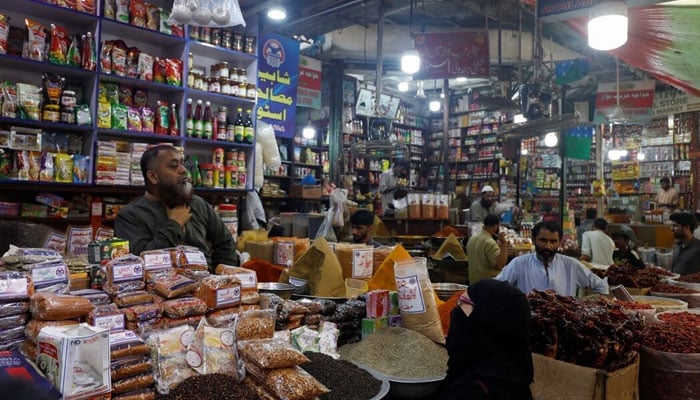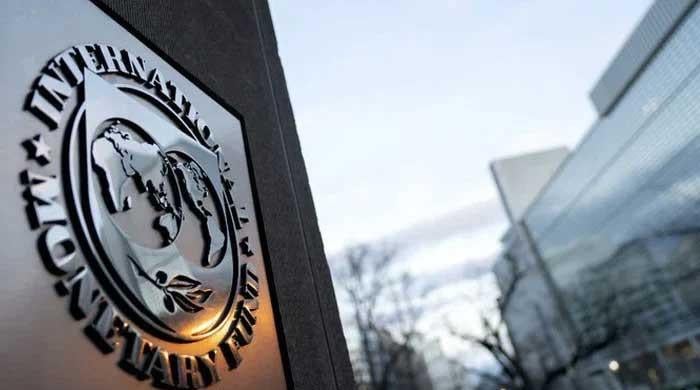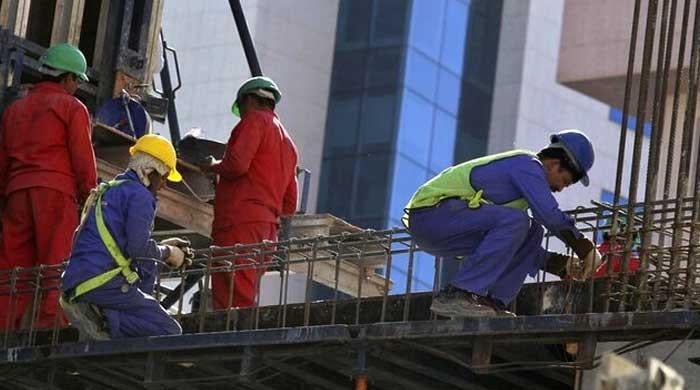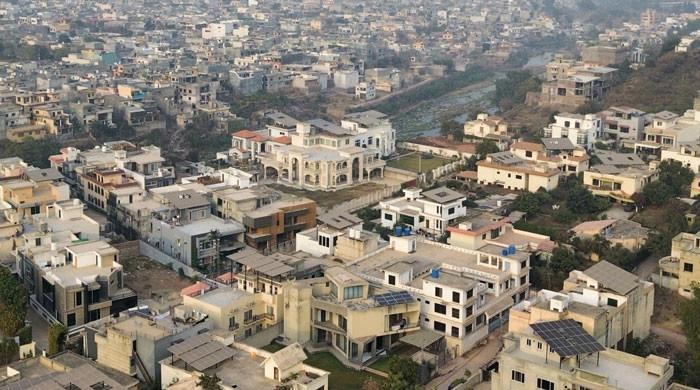Rate cut hopes rise as weekly inflation eases
Sensitive Price Index shows modest year-on-year rise of only 0.52% for week ending Jan 23
January 25, 2025

- Drop in inflation marks notable decline from previous week's 1.16%.
- CPI, which stood at 4.1% in Dec, could fall below 3% for Jan 2025.
- Analysts anticipate potential 1.5 percentage point cut in policy rate.
ISLAMABAD: Pakistan's inflation seems to be cooling rapidly, with the Sensitive Price Index (SPI) showing a modest year-on-year rise of only 0.52% for the week ending January 23, fueling expectations of a potential policy rate reduction by the State Bank of Pakistan in the coming week, The News reported on Saturday.
This marks a notable decline from the previous week's 1.16% and is the fourth consecutive week of declining inflation, which is now down from 5.08% recorded at the end of December 2024.
The drop in SPI — a measure of short-term inflation tracking essential goods — has prompted economists to forecast a significant dip in January’s Consumer Price Index (CPI).
The CPI, which stood at 4.1% in December, could fall below 3% for January 2025, possibly reaching as low as 2.5%. This trend could influence the State Bank of Pakistan (SBP) to lower its policy rate, currently at 13%.
Analysts anticipate a potential 1.5 percentage point cut when the central bank’s Monetary Policy Committee meets on January 27. The decline in SPI is a stark contrast to the inflation peak of 48.35% recorded in May 2023, a time of severe economic stress. The latest data, released by the Pakistan Bureau of Statistics (PBS), highlights a week-on-week SPI decline of 0.77%, reflecting a mixed trend in prices for 51 essential goods monitored across 17 cities.
Notably, the year-on-year SPI of 0.52% marks the lowest inflation rate since October 2014. Of the monitored items, 14 witnessed price hikes, 12 saw reductions, and 25 remained unchanged. Tomatoes and eggs led the price declines, dropping by 33% and 10.2%, respectively. Onions and potatoes followed suit, with decreases of 9.8% and 7.4% over the previous week. Similarly, the cost of liquefied petroleum gas (LPG) fell by 2.7%, gram pulses by 1.6%, and chicken by 1%.
Conversely, sugar and bananas recorded modest increases of 2.93% and 2.7%, respectively. Other staples, including garlic, basmati rice, vegetable ghee, and pulses, saw marginal upticks of less than 1%.
Despite the overall decline, several essential items have seen substantial price hikes over the past year. Ladies’ sandals surged by 75%, while potatoes and gram pulses rose by 44.3% and 38%, respectively. Similarly, moong pulse price increased by 33%, powdered milk by 26%, beef by 22.4%, and vegetable ghee by 17%. Garlic prices also increased 16%, gas charges for the lowest consumption slab increased by 15.5%, vegetable ghee prices increased by 15% over the past year.
Conversely, some items such as onions saw a significant price cut of 52%, eggs 39%, tomatoes 37% and wheat flour price reduced by 36% over a year ago. Likewise, chilis powder prices declined by 20%, electricity charges for the lowest consumption slab decreased by 18.1%.
The recent dip in inflation could offer much-needed relief to households and businesses. Lower prices for essentials may alleviate some pressure on consumers, while a potential cut in the policy rate could spur economic activity. However, economists caution that structural reforms and improved supply chain management are essential to ensure sustainable price stability.









